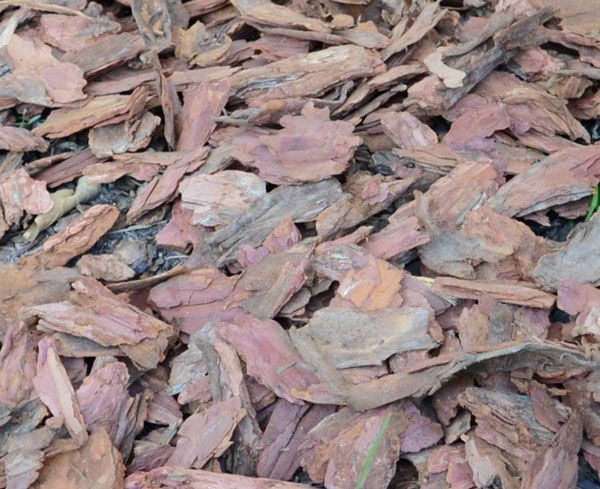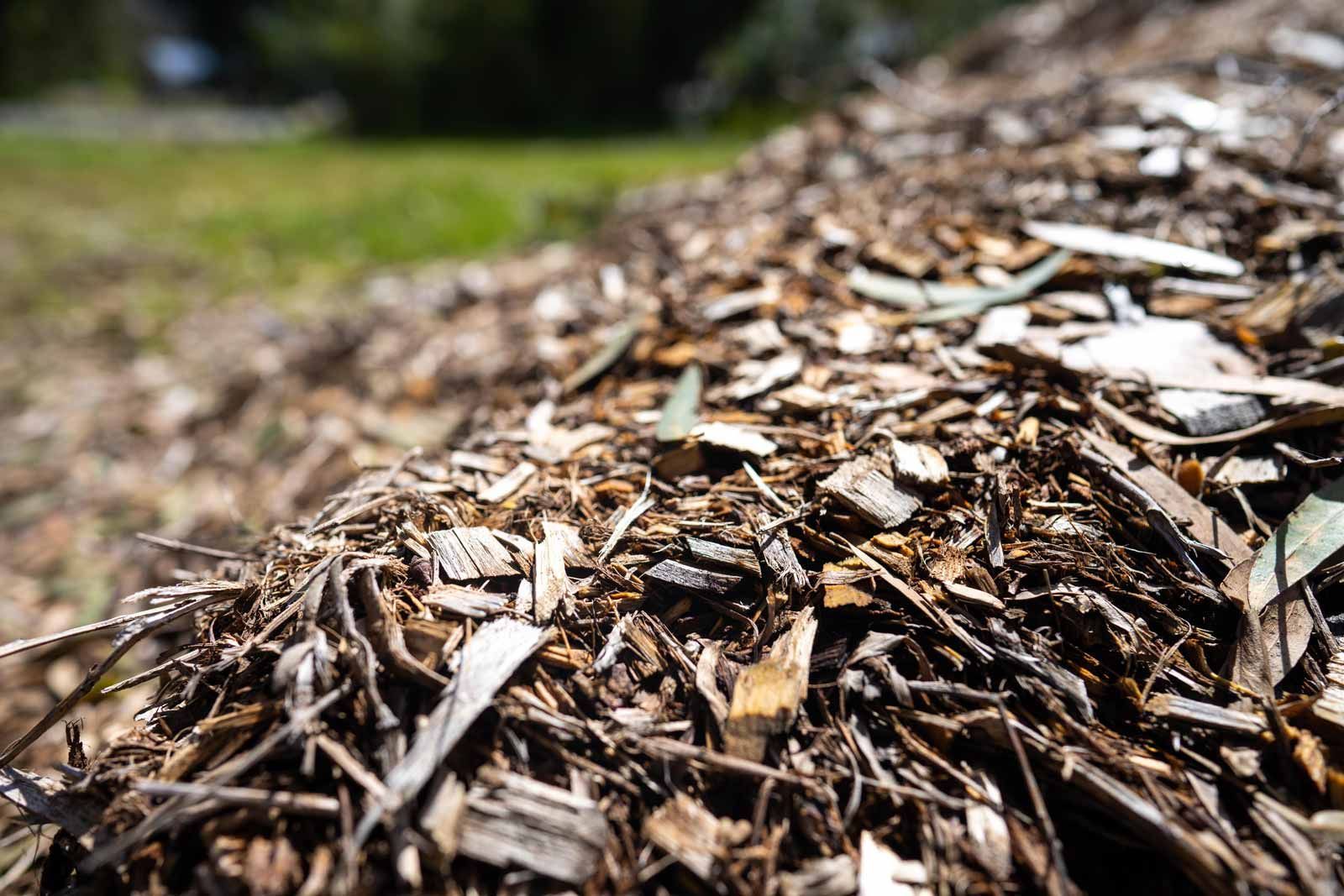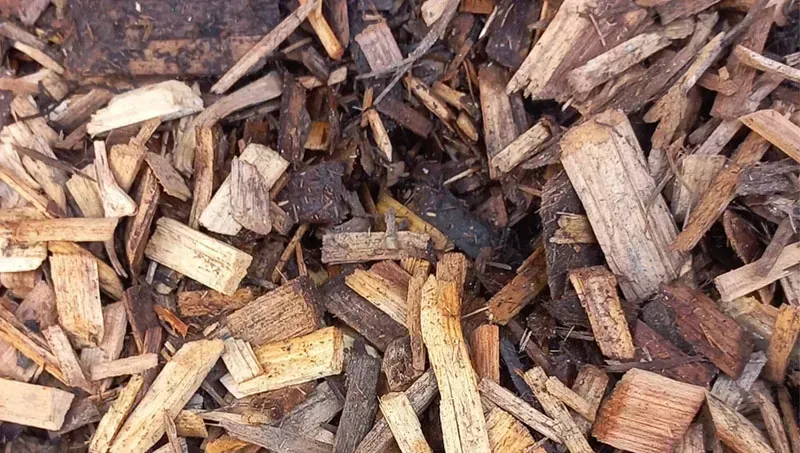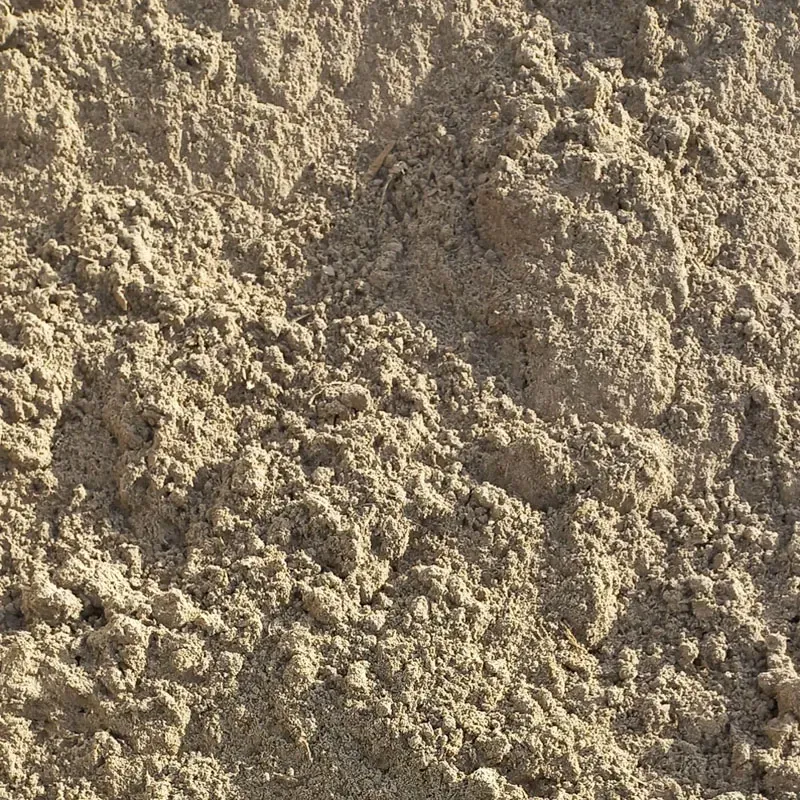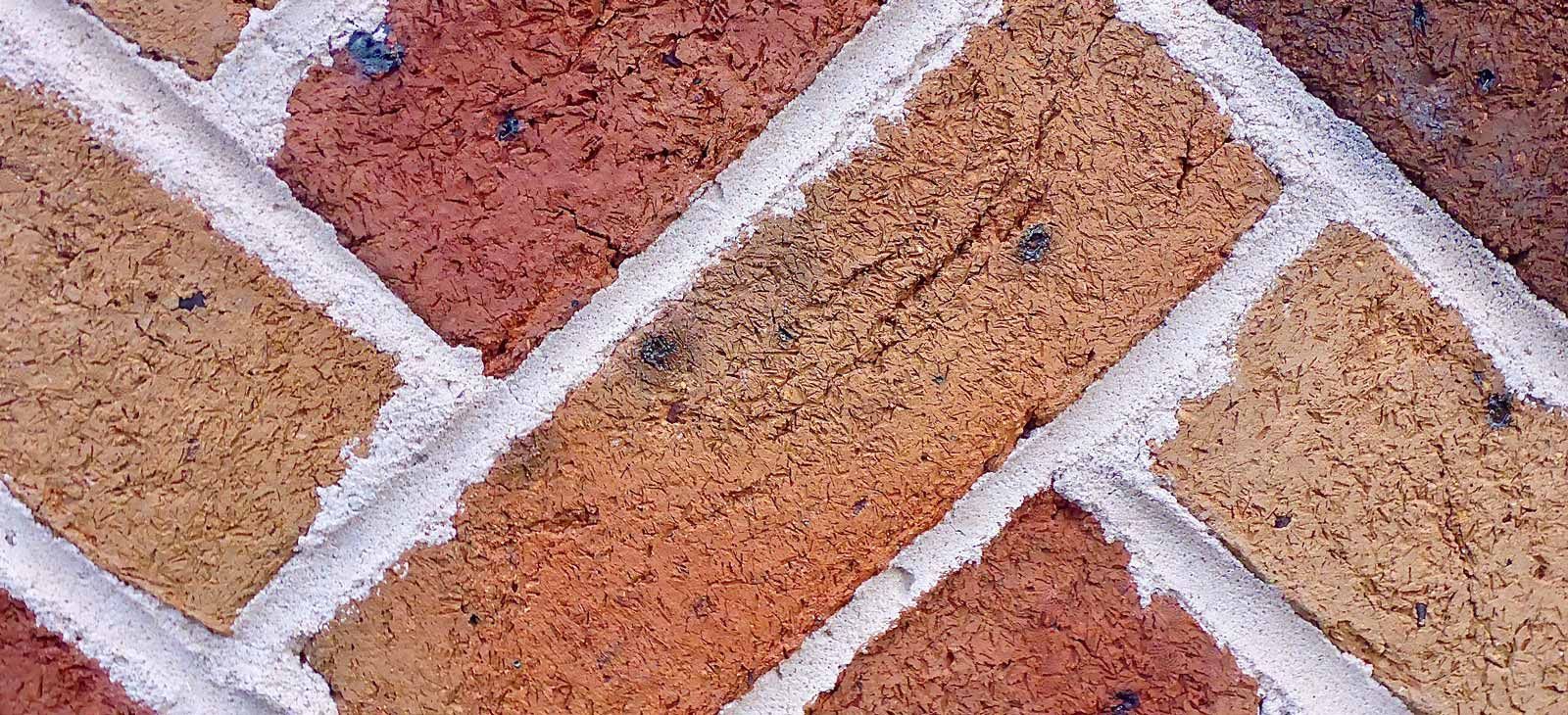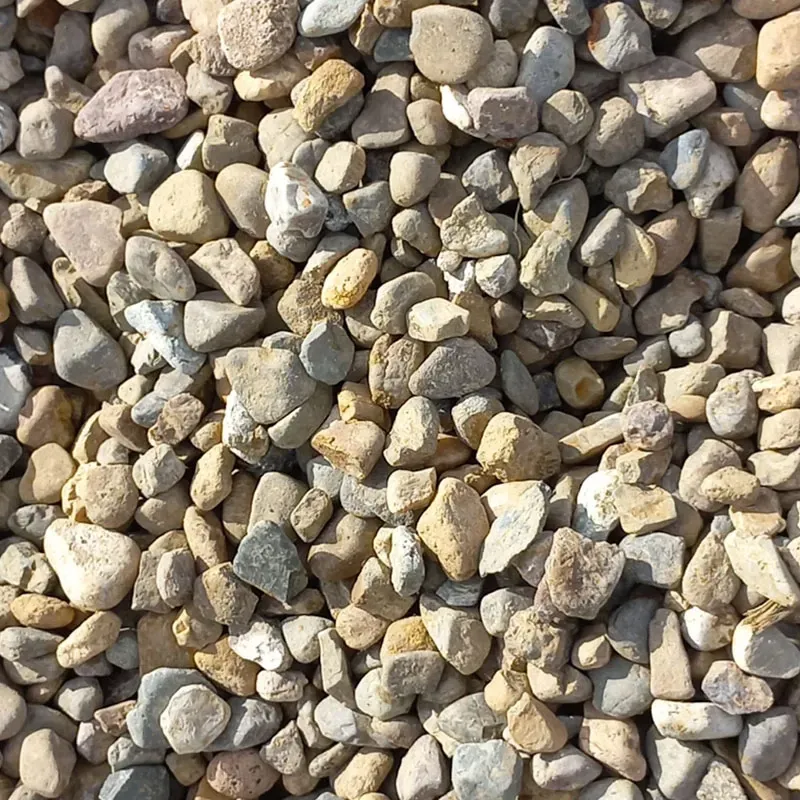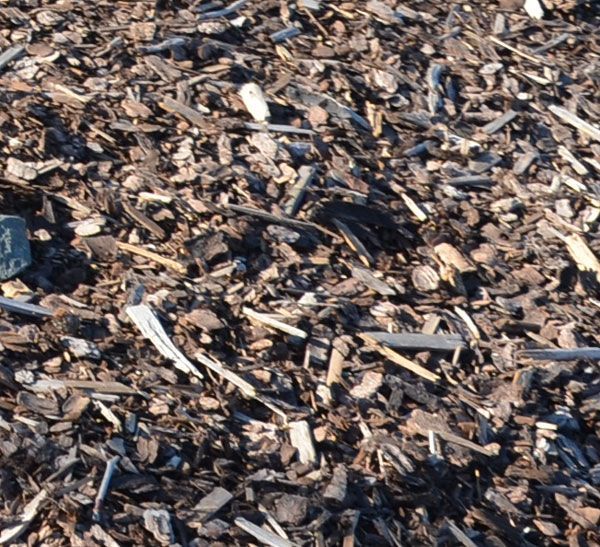What is pine bark and is it good for all plants
In the world of gardening and landscaping, the choice of mulch can significantly impact the health and vitality of your plants. One commonly used option is pine bark, a natural and organic material derived from the outer layers of pine trees. In this blog post, we will explore the suitability of pine bark for various plants, providing insight into its benefits and potential limitations.
The versatility of pine bark as mulch
Pine bark offers several benefits that make it a popular choice for many plants. Its natural appearance adds an aesthetic touch to garden beds, pathways, and borders. Pine bark mulch also helps to retain soil moisture by reducing water evaporation, which is particularly valuable in dry climates. As well as this, its gradual decomposition enriches the soil with organic matter, promoting better nutrient availability for plants.
Considerations when using pine bark in your garden
While pine bark can be beneficial for various plants, it's essential to consider each specific plant’s requirements. Acid-loving plants, such as azaleas, rhododendrons, and blueberries, tend to thrive with pine bark as mulch due to its natural acidity. However, some plants prefer more alkaline conditions, so it's crucial to assess your plant's needs before applying pine bark.
Need a high-quality pine bark for your next gardening project?
For expert guidance and top-quality pine bark and other mulching materials, turn to SEQ Landscape Supplies. With a wide range of options available, our team can help you make the best choice for your plants, ensuring your garden in Pacific Pines thrives.


